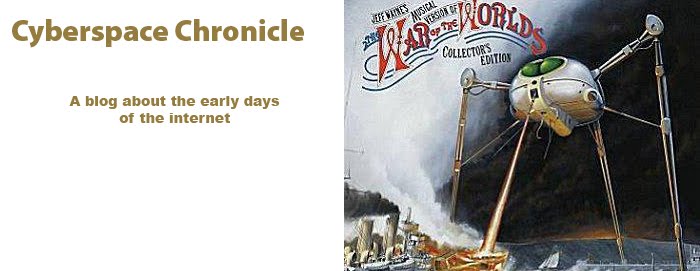Last summer Microsoft launched search engine Bing. It more than doubled its US market share from Q3’09, and over the course of the year MS even gained 500% in market share. In Q4’09, this growth apparently came at the expense of Google, which recorded its lowest market share in the US in the 3 years of the study – 72%. This all started at the end of May/the start of June 2009, when Bing replaced their Live Search engine. According to Microsoft, Bing's success is due to a new perspective on the search engine turning it more into a "decision machine".
I doubt if that is the case. The main reason that most consumers use Google is simply because they're used to it. At some point they've probably installed it as their internet startpage, but - in the end - who really cares about a search engine? It's for the average user an extremely low-interest product - as long as it produces results. Now that search is more and more being executed from within the browser - just enter your search in the address bar; no more need to go to the familiar Google or Yahoo! pages - search engines become even less interesting to the average user. And consequently for search companies the browser becomes a much more important tool to generate search traffic. This is why it is extremely important for companies like Google and Microsoft to convince people to use or keep using their browser. Most users however also are completely indifferent about the browser that is being used. They are willing to spend hours considering all kinds of hardware options in the computer store, but when it comes to the user interfaces, most people just use whatever appears on the screen when they turn on their computers. The following video - made by Google - shows how little people actually even know what a browser is and most seem to confuse browser and search engine. "Which browser do you use?" "uuuhhm, Google!" This obviously explains why Microsoft's Internet Explorer (IE) - generally known to be the worst browser both in terms of speed as in functionality - is still the browser of "choice" of 65% of US and 80% of EU users.
So what then explains the sudden soaring of market share and the shift of about 11 million people in a half years time to Bing? The answer is quite simple. It's most probably the introduction of Windows 7. A new Windows version makes you having to set up your user settings, including opening page and default search engine. A fresh start so to speak. So, knowing that most people simply use what they're used to or what's pre-installed, this is the perfect time to strike for Microsoft. So you decide to keep using IE, it's pre-installed, the icon's familiar, it always seemed to work. So why bother? Now what do you think happens when you start searching using the URL address bar in IE?. Bingo, you're directed to .....BING! Without even being aware of it, you've become a Bing user! Again, for the average internet surfer, this is no big deal, as long as you're getting your results right?
In 2010, after a whole lot of negotiations and being fined billions of U$, Microsoft is now set to offer European users of its Windows operating system with a browser choice. This choice is not (yet?) offered to US users though. On internetnews.com Sean Michael Kerner complains:
"Why don't U.S. consumers get the same choice?Yes I know full well that any user can go and download Safari, Firefox, Chrome or Opera for Windows. I also know that for a whole lot of people out there, who just don't know any better the big blue E is the Internet and that's all there is to it.
Google´s response
Google of course is fully aware of its reliance on their search engine's paid clicks that obviously make out a good deal of the revenues they generate. They constantly develop or acquire new products to commit their users to their free on-line services and generously give away free online storage space. If you use Gmail, you can store more than 7 Gigabyte of emails and attachments on the net. Picasa gives away 1 GB of photostorage. YouTube (max 1 GB per video!) and Docs don't even seem to have limits. But despite this diversification efforts they´re still for a good part dependant on the massive use of their search engine. According to CEO Eric Scmidt Google "is always one click away from losing the end user". They even seem willing to compromise their "do no evil" motto in their efforts not losing the customers to Bing. When I recently upgradedy my Picasa version, a box with a few options appeared. One of the pre-checked options was something like "Make Google default search engine in Internet Explorer". And who can blame them? The huge interests at stake with regards to the low-interest internet browser are also illustrated with the recent massive billboard and newspaper campaign for Google's new Chrome browser. Another attempt to make the big crowd a little more aware of the existence of browsers other than Internet Explorer. Although the word of mouth approach has done wonders for most of its products, Google decided not to rely entirely on that marketing strategy for their Chrome browser. This clearly illustrates the intensifying "Battle of the Browsers".
 |
| Van Google Chrome campaign |
The billboard and full page newspaper ads are - in Google style - mostly white. They describe typical internet sessions that involve some heavy browsing, resulting in a lot of open tabs and .... ultimately: 0 crashes. They claim the browser to be "made for everyone", thus trying to appeal to the mainstream internet users.
 |
| Van Google Chrome campaign |

No comments:
Post a Comment